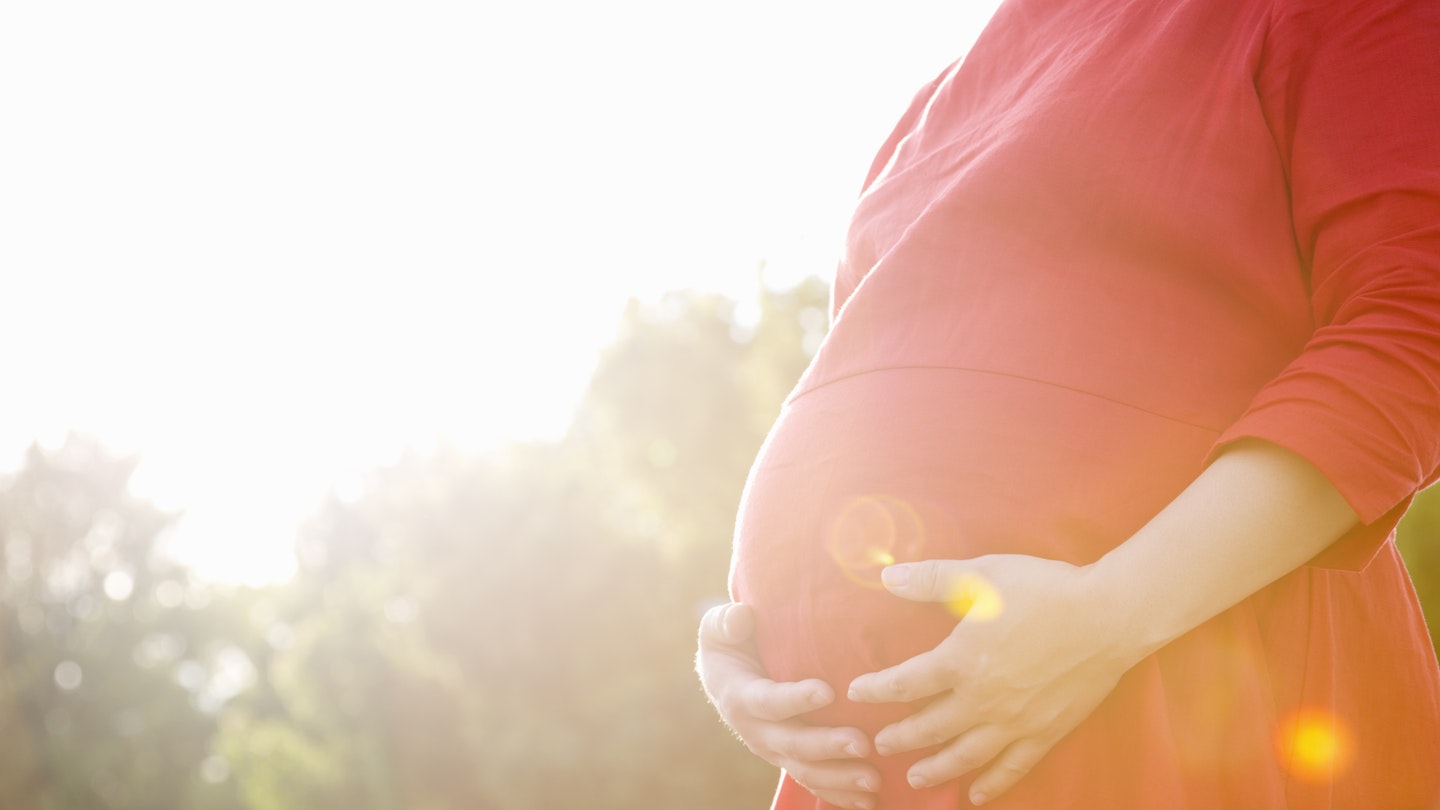This morning, alarmist headlines emerged stating that new research had confirmed drinking any alcohol during pregnancy can cause harm to unborn children. Over the years, other research has shown ‘moderate drinking during pregnancy does not harm baby’s development’. Naturally, the conflicting advice has caused panic for pregnant women who were either following older advice or simply don’t know what to believe.
The new research published in the International Journal of Epidemiology, which reviewed 23 studies on the effects of alcohol during pregnancy on an unborn child, found ‘a likely causal detrimental role of prenatal alcohol exposure on cognitive outcomes and weaker evidence for a decrease in birthweight’.
Various media organisations reported the study with headlines such as ‘Drinking any alcohol during pregnancy “can harm child”’ and ‘occasional drinks a risk to unborn, study claims’. However, WRISK – a collaborative project between the British Pregnancy Advisory Service (BPAS) and researcher Heather Trickey – has since called out publications for misrepresenting the study.
‘Today’s alarmist headlines ... misrepresent the findings of this systematic review,’ they posted on Twitter. ‘In the review itself the authors are clear it is not ‘solid evidence’, and nor do their findings show that 'occasional drinks' cause harm.’
The statement comes after concerns about panicking pregnant women who may drink occasionally during pregnancy. Currently, the NHS advisesthat women do abstain completely from alcohol because ‘experts are still unsure exactly how much – if any – alcohol is completely safe for you to have while you’re pregnant’.
As the new research was reported to confirm women should abstain – which it does advise – BPAS also put out a comment saying it provided ‘no new evidence of harm at lower levels of alcohol consumption’.
‘This is interesting research but provides no new evidence of harm at lower levels of alcohol consumption, which is what most women are concerned by,’ Clare Murphy, Director of External Affairs at BPAS, said in a statement. ‘Most women accept and abide by the “better safe than sorry” approach of abstaining from alcohol in pregnancy, as recommended by the Chief Medical Officer – but this is a precautionary rather than an evidence-based recommendation.'
‘Child cognitive outcomes are complex and focusing on what a woman did or didn’t do in pregnancy to explain educational attainment is unlikely to give us the answers we want, while at the same time creating a burden of maternal guilt and anxiety which doesn’t really help anyone,’ Murphy added.
That statement will be a comfort to many women. Because, regardless of the complexities of the study, having so much conflicting information when you’re pregnant can be an overwhelming experience for women.
‘Ultimately, there isn’t enough research to draw firm conclusions at this stage and further research is needed to fully understand the full impact that drinking can have on your child, both before and after pregnancy,’ Dr Stephanie Ooi of MyHealthcare Clinic told Grazia. ‘Until then, current guidelines say that you should avoid drinking alcohol at all while pregnant.
She explained :‘Research suggests that drinking while pregnant can cause harm to the baby and this increases the more you drink. This is because alcohol is passed through the bloodstream to the placenta and to the baby. The baby’s liver only fully develops during the later stages of pregnancy, meaning that they cannot process alcohol as well as an adult can. Alcohol also increases the risk of miscarriage, lower birth wright and premature birth, and heavy drinking can lead to Foetal Alcohol Syndrome where the baby has poor growth, learning difficulties and facial abnormalities.’
Read NHS advice about drinking during pregnancy here
Read More:
21 Things That Happen When You Are Pregnant For The First Time
